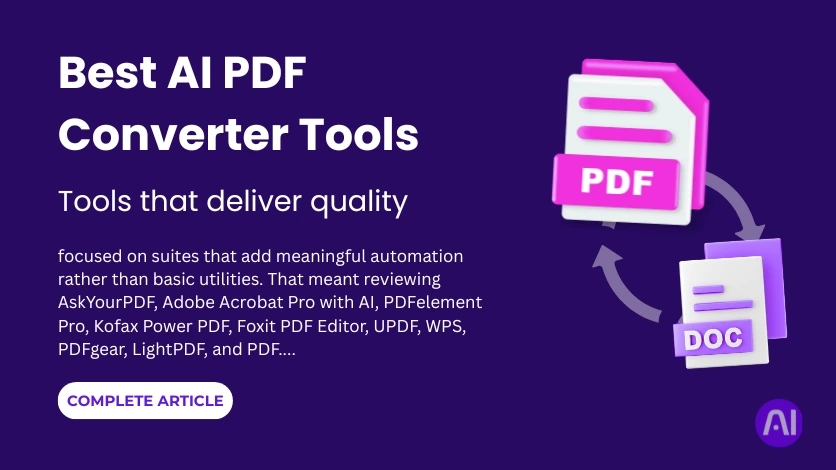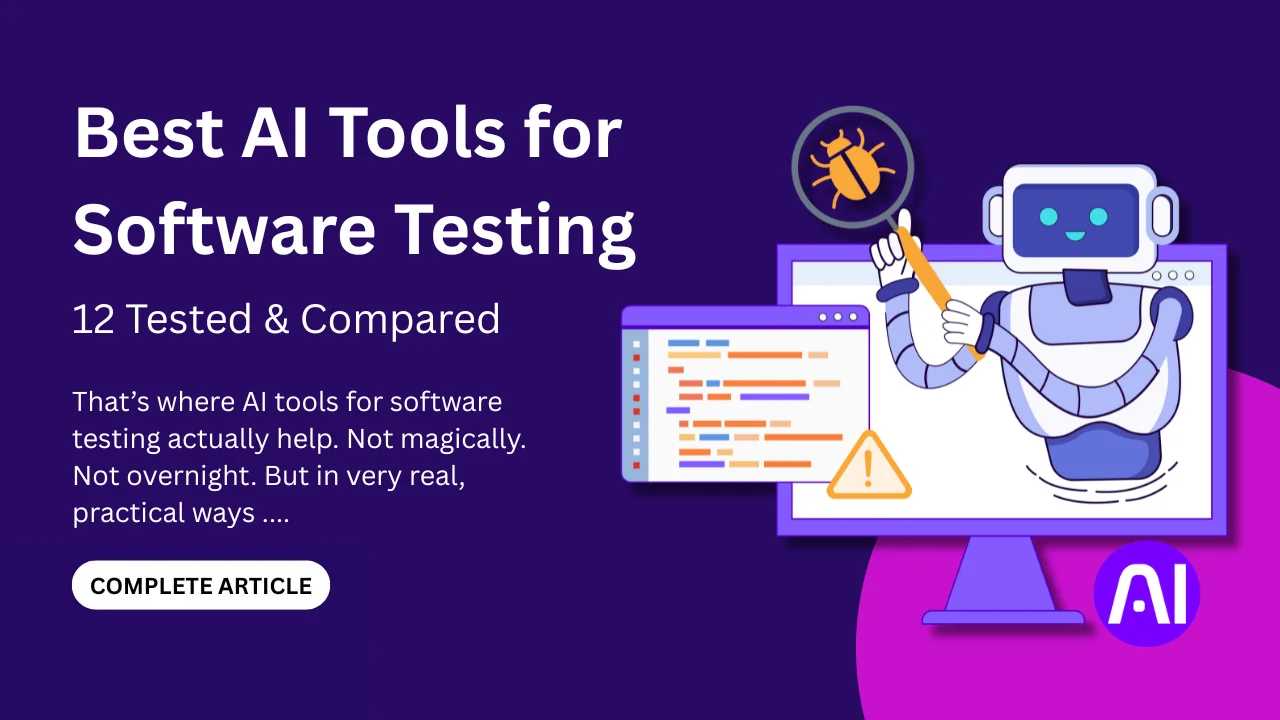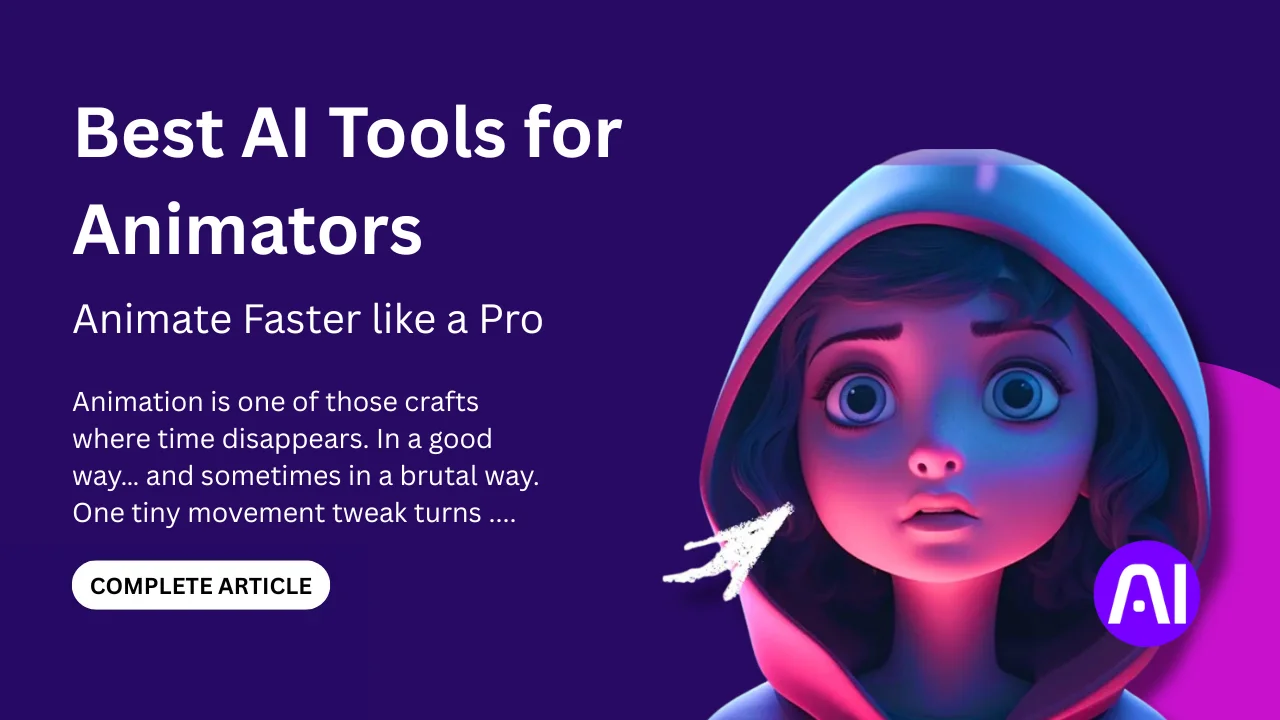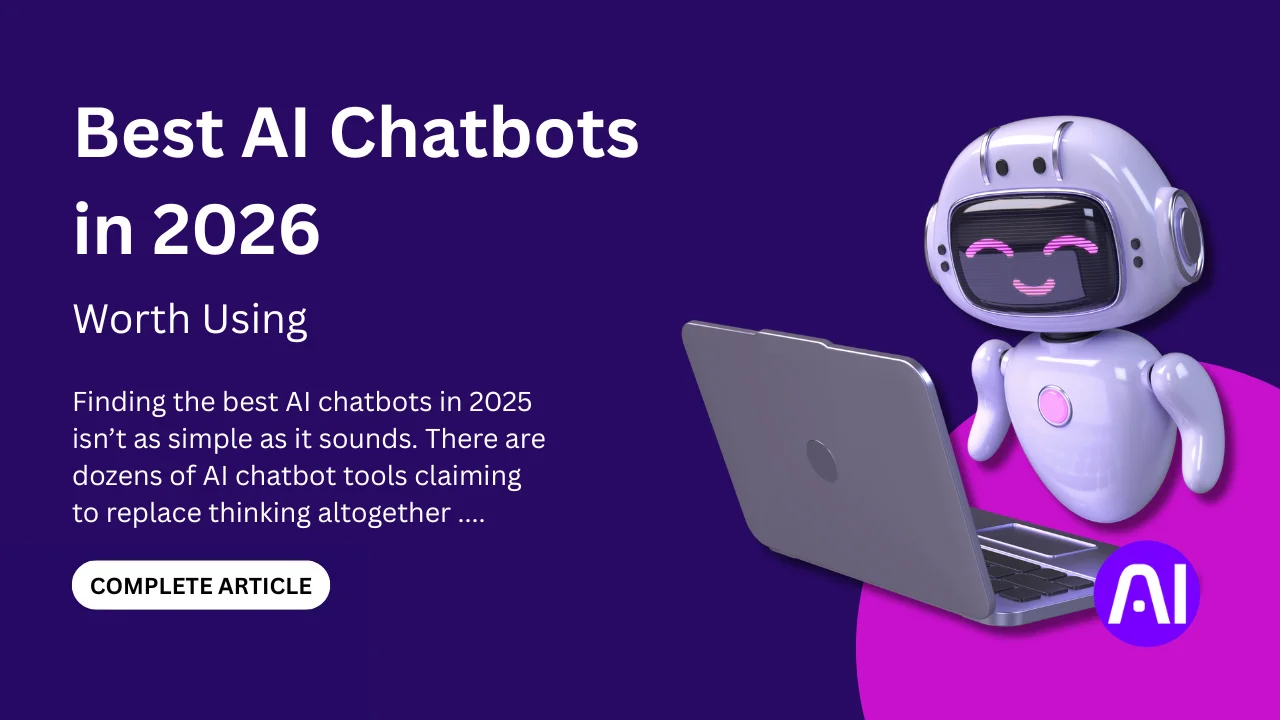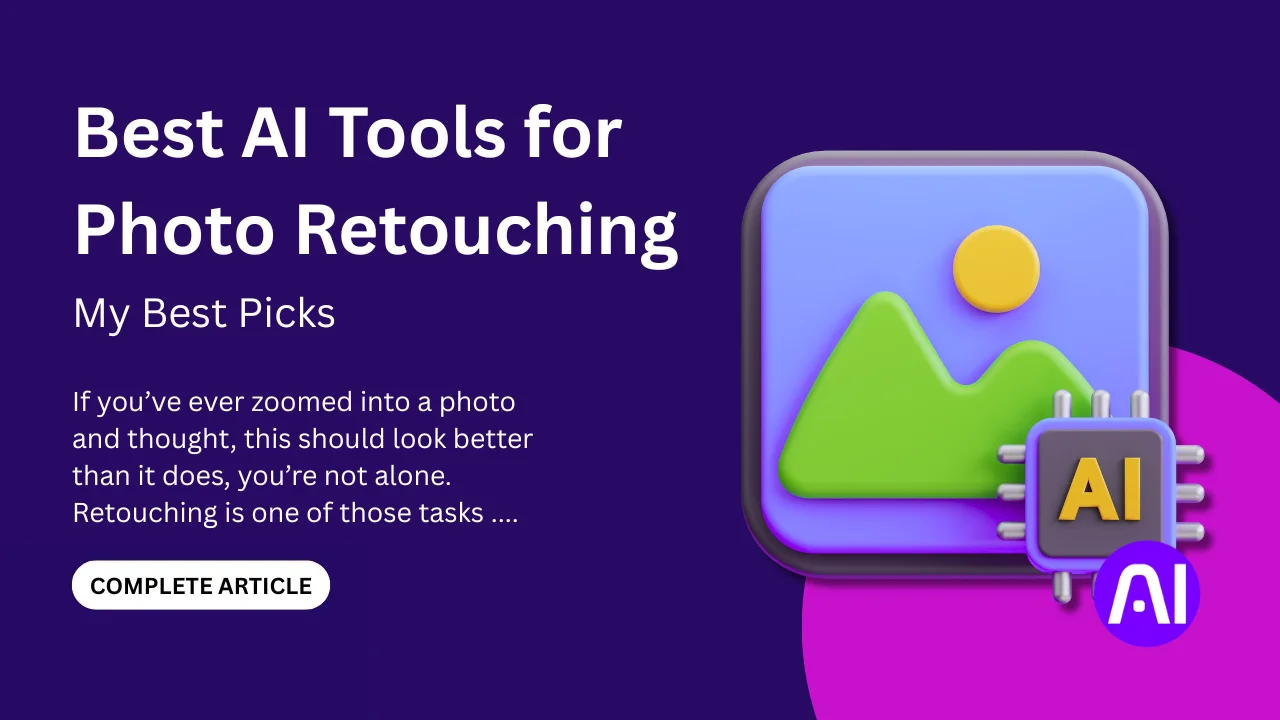AI Dallas Converge stands as North America’s premier artificial intelligence conference, transforming how businesses approach AI implementation across industries. This groundbreaking event brings together Fortune 500 executives, innovative startups, and technology pioneers at the Irving Convention Center, creating an unparalleled platform for practical AI learning and strategic networking.
The conference has evolved beyond traditional tech gatherings to become a catalyst for real business transformation. With over 750 attendees and 75 expert speakers annually, it represents the convergence of cutting-edge technology with practical business applications. The event demonstrates why Dallas has emerged as an unexpected powerhouse in the global AI landscape.
This comprehensive guide explores everything professionals need to know about AI Dallas Converge and the thriving artificial intelligence ecosystem that has made Dallas-Fort Worth a destination for AI innovation and business growth.
What is AI Dallas Converge Conference?
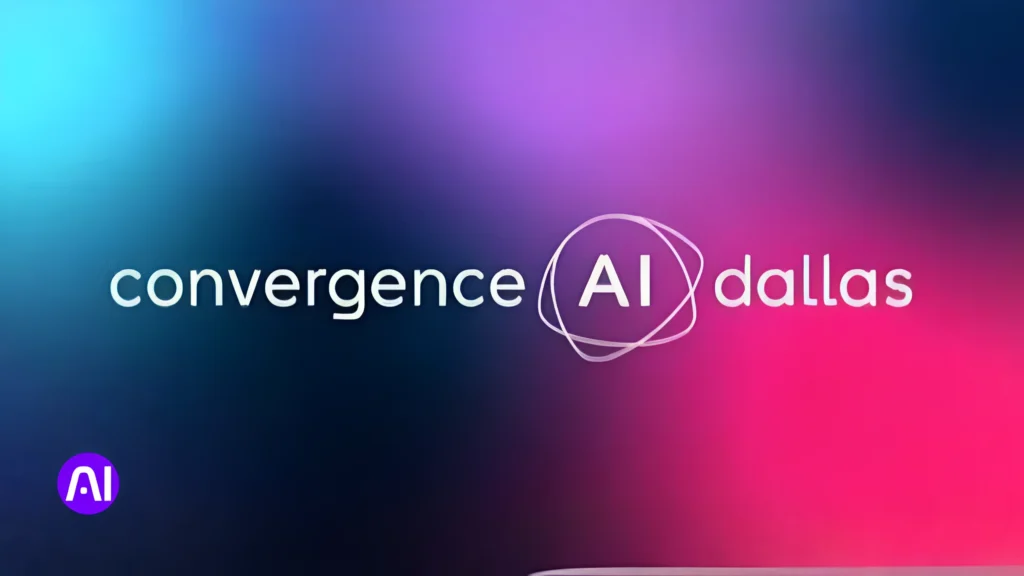
AI Dallas Converge is a two-day business-focused artificial intelligence conference that connects industry leaders with practical AI solutions and strategic implementation insights.
The Conference Mission and Focus
AI Dallas Converge represents a fundamental shift in how artificial intelligence conferences approach business education and networking. Hosted by the Dallas Regional Chamber, this flagship event takes place annually at the Irving Convention Center during late April or early May, positioning itself as the definitive gathering for business leaders serious about AI transformation.
What distinguishes this conference from countless other technology events is its unwavering focus on practical implementation rather than theoretical discussions. Attendees don’t just learn about AI possibilities; they discover actionable strategies from companies that have successfully navigated the complex journey of AI adoption.
The conference curriculum emphasizes real-world case studies, hands-on demonstrations, and interactive workshops that bridge the critical gap between AI concepts and business reality.
Unique Conference Architecture
The event attracts a unique blend of participants that creates exceptional learning opportunities. C-suite executives seeking strategic AI insights learn alongside technical professionals implementing AI solutions. Established Fortune 500 companies share experiences with ambitious startups developing breakthrough AI applications.
This convergence of perspectives, experience levels, and industry backgrounds generates the kind of cross-pollination that sparks innovation and drives business transformation.
The conference architecture reflects this practical focus through carefully curated content streams that allow attendees to customize their learning experience. Whether someone needs high-level strategic guidance for enterprise AI adoption or detailed technical insights for specific implementation challenges, the conference delivers relevant, actionable content that participants can immediately apply in their organizations.
| Conference Statistics | Details |
|---|---|
| Annual Attendees | 750+ business leaders and technology professionals |
| Expert Speakers | 75+ industry pioneers from Fortune 500 companies |
| Exhibiting Companies | 44 AI solution providers and technology vendors |
| Industry Sectors | 15+ represented including healthcare, finance, manufacturing |
| Conference Duration | 2 intensive days of learning and networking |
Dallas: The Unexpected AI Capital of North America

Dallas-Fort Worth has quietly emerged as one of North America’s most significant AI hubs, competing directly with Silicon Valley and Boston through its unique combination of diverse industries, business-friendly policies, and collaborative innovation culture.
The Rise of Dallas AI Ecosystem
The transformation of Dallas-Fort Worth into a major AI hub represents one of the most significant shifts in America’s technology landscape. While Silicon Valley and Boston traditionally dominated AI innovation, Dallas has quietly assembled the elements necessary for AI ecosystem success: diverse industries, business-friendly policies, world-class infrastructure, and a collaborative culture that encourages innovation across traditional sector boundaries.
The region’s AI ecosystem includes over 36 major artificial intelligence companies ranging from established enterprises to cutting-edge startups. This diverse landscape creates opportunities for knowledge transfer, talent mobility, and strategic partnerships that strengthen the entire ecosystem.
Companies like Lone Star Analysis have established Dallas as their headquarters for defense and security AI applications, while Shield AI develops autonomous systems and robotics solutions that serve both commercial and government markets.
Corporate AI Leadership in Dallas
Major corporations with significant AI operations in Dallas provide both market opportunities and talent development resources that fuel ecosystem growth. AT&T leverages its Dallas presence to advance telecommunications AI innovations, while American Airlines uses the region as a testing ground for aviation AI applications and customer experience enhancements.
Texas Instruments continues its semiconductor AI development from its Dallas headquarters, and CBRE has made the region a center for real estate AI and property management innovations.
Academic Excellence Supporting Innovation
The academic foundation supporting Dallas’s AI growth comes from world-class institutions that contribute research capabilities and graduate talent directly into the local ecosystem. The University of Texas at Dallas has developed nationally recognized AI and machine learning programs, while Southern Methodist University focuses on engineering applications that serve local industry needs.
Texas A&M University’s presence adds additional research depth and talent pipeline development that strengthens the region’s long-term AI capabilities.
This combination of corporate presence, startup innovation, and academic excellence has created a uniquely collaborative environment where AI advances through practical application rather than purely theoretical research. The result is an ecosystem that produces AI solutions designed to solve real business problems rather than impressive technology demonstrations.
Key Features of Convergence AI Dallas
The conference delivers exceptional value through interactive workshops, expert keynotes, live technology demonstrations, and structured networking opportunities that facilitate meaningful business relationships and strategic partnerships.
Interactive Learning Experiences
The AI Dallas Converge experience is meticulously designed to maximize learning outcomes and facilitate meaningful professional relationships. Unlike conferences that rely heavily on presentation-style sessions, this event emphasizes interactive learning formats that engage attendees as active participants rather than passive observers.
Main stage presentations feature keynote speakers from companies like Google, Accenture, Toyota, and CBRE who share candid insights about their AI transformation journeys. These sessions go beyond success stories to explore the challenges, setbacks, and lessons learned during AI implementation. Jorge Corral from Accenture regularly shares enterprise AI adoption strategies that help large organizations navigate the cultural and technical challenges of AI transformation.
Hands-On Technology Workshops
The interactive workshop format allows participants to gain hands-on experience with specific AI tools and platforms in guided learning environments. Attendees experiment with machine learning models, test natural language processing applications, and explore computer vision systems under expert guidance. These sessions build confidence and understanding that enables more informed decision-making about AI investments and implementation strategies.
Live Demonstrations and Vendor Showcases
The exhibit hall showcases cutting-edge AI technologies through live demonstrations that reveal how AI applications perform in real-world scenarios. Vendors provide one-on-one consultations that help attendees understand how specific solutions might address their unique challenges and requirements. These interactions often lead to pilot programs, proof-of-concept projects, or strategic partnerships that extend far beyond the conference itself.
Industries and Applications Showcased
The conference covers AI transformations across healthcare, financial services, manufacturing, retail, and emerging sectors, demonstrating practical applications that drive measurable business results.
Healthcare AI Revolution
Healthcare AI applications receive significant attention at AI Dallas Converge, with medical organizations sharing transformative results from their AI implementations. These systems demonstrate how machine learning improves patient outcomes through enhanced diagnostic accuracy, personalized treatment recommendations, and streamlined administrative processes that reduce costs while improving care quality.
Medical device companies showcase AI-powered diagnostic tools that help physicians detect diseases earlier and more accurately than traditional methods. Hospital systems share their experiences implementing AI-driven operational improvements that optimize resource allocation, reduce patient wait times, and improve overall care coordination across departments and specialties.
Financial Services Innovation
Financial institutions present compelling case studies about AI applications in fraud detection, algorithmic trading, customer service automation, and regulatory compliance. Banks demonstrate how they use machine learning to assess credit risk more accurately while maintaining strict security requirements and regulatory compliance standards.
Insurance companies share their experiences using AI for claims processing automation, risk assessment optimization, and customer service enhancement. These presentations often include detailed discussions about balancing AI efficiency gains with regulatory requirements and customer privacy concerns that are critical in the financial services sector.
Manufacturing and Supply Chain Optimization
Manufacturing companies showcase AI applications that transform production efficiency through predictive maintenance systems, quality control automation, and supply chain optimization. These presentations demonstrate how traditional industries successfully integrate cutting-edge AI technologies without disrupting existing operations or compromising safety standards.
Logistics companies share their experiences implementing AI-powered route optimization, demand forecasting, and inventory management systems. These case studies often reveal significant cost savings and efficiency improvements that demonstrate clear return on investment for AI implementations in traditional industries.
Retail and Customer Experience Enhancement
Retail organizations present AI applications that personalize customer experiences, optimize pricing strategies, and improve inventory management accuracy. E-commerce companies share their experiences using machine learning for product recommendations, customer service automation, and fraud prevention systems that enhance both customer satisfaction and business profitability.
Notable Speakers and Success Stories
The conference attracts C-suite executives from Fortune 500 companies who share authentic insights from their AI transformation journeys, including both successes and lessons learned from implementation challenges.
Industry Pioneer Presentations
The conference consistently attracts high-profile speakers who provide authentic insights from their AI transformation journeys rather than polished marketing presentations. These industry leaders share candid discussions about their AI successes, failures, and lessons learned during implementation processes that help attendees avoid common pitfalls while accelerating their own AI adoption timelines.
Jorge Corral, Senior Managing Director at Accenture, has become a featured speaker who shares Accenture’s approach to helping large enterprises adopt AI technologies at scale. His presentations focus on the organizational change management aspects of AI implementation that often determine success or failure more than the technology itself.
Technology Leadership Insights
Technology leaders from Google regularly present on the latest developments in machine learning platforms and AI democratization tools that make advanced AI capabilities accessible to organizations without extensive technical resources. These sessions provide attendees with early access to emerging technologies and best practices for implementation in enterprise environments.
Toyota executives share their experiences implementing AI in manufacturing processes, autonomous vehicle development, and supply chain management. Their case studies demonstrate how traditional industries can successfully integrate cutting-edge AI technologies without disrupting existing operations or compromising safety standards that are critical in manufacturing environments.
Startup Innovation Showcase
Startup founders and entrepreneurs share their stories of building AI-powered companies in Dallas, highlighting the unique advantages of the local ecosystem while providing practical advice about building AI businesses. These sessions inspire attendees to consider entrepreneurial opportunities while offering realistic insights about the challenges and opportunities in AI business development.
How AI Dallas Converge Drives Business Innovation
The conference serves as a catalyst for AI transformation by connecting organizations with the knowledge, partnerships, and implementation strategies needed to achieve measurable business results from AI investments.
Strategic Partnership Development
The conference serves as a catalyst for business transformation by connecting organizations with the knowledge, tools, and partnerships needed to implement AI successfully. Networking opportunities facilitate partnerships between established companies and AI startups, where large corporations often discover innovative solutions from smaller companies while startups gain access to enterprise customers and distribution channels.
These connections frequently result in pilot programs and strategic partnerships that extend far beyond the conference itself. Many attendees report that their most valuable conference outcomes came from conversations that led to consulting engagements, technology partnerships, or hiring decisions that directly supported their AI implementation goals.
Knowledge Transfer and Risk Mitigation
The conference provides a safe environment for organizations to discuss AI challenges and failures alongside their successes. This honest dialogue helps attendees avoid common pitfalls and accelerate their AI adoption timelines while learning from others’ mistakes can save companies significant implementation costs and timeline delays.
Interactive workshops and demonstrations give attendees hands-on experience with AI technologies they might otherwise be hesitant to explore. This direct exposure builds confidence and understanding that enables more informed decision-making about AI investments while reducing the perceived risk associated with AI implementation initiatives.
Case Studies: Real AI Transformations
Two comprehensive case studies demonstrate how companies achieved measurable ROI through strategic AI implementation, including specific metrics and implementation strategies that other organizations can adapt.
Manufacturing Predictive Maintenance Success
A Dallas-based manufacturing company implemented AI-powered predictive maintenance across its production facilities, achieving remarkable results that transformed its operational efficiency and cost structure. The company had struggled with frequent unplanned equipment downtime that cost hundreds of thousands of dollars in lost production while traditional maintenance schedules proved inefficient and reactive rather than preventive.
The AI implementation began with a pilot program on a single production line, using machine learning algorithms to analyze vibration, temperature, and pressure data from key equipment. The system learned to identify subtle patterns that human technicians missed, predicting component failures weeks in advance and optimizing maintenance schedules based on actual equipment condition rather than arbitrary time intervals.
The pilot program’s success led to company-wide rollout that delivered impressive results across all operational metrics. Unplanned downtime decreased by 40% while maintenance costs dropped by 25%. Equipment lifespan increased by 20% due to more effective maintenance timing, and overall production efficiency improved by 15%. These measurable improvements demonstrated immediate return on investment and justified continued AI expansion throughout the organization.
| Performance Metric | Improvement Achieved |
|---|---|
| Unplanned Downtime Reduction | 40% decrease |
| Maintenance Cost Savings | 25% reduction |
| Equipment Lifespan Extension | 20% increase |
| Production Efficiency Gain | 15% improvement |
Healthcare Patient Care Optimization
A regional healthcare system revolutionized patient care coordination and reduced readmission rates through comprehensive AI implementation that analyzed electronic health records to identify high-risk patients and optimize care interventions. The system had struggled with patient readmissions that indicated care coordination gaps while resource allocation inefficiencies impacted both patient satisfaction and operational costs.
The AI solution processed thousands of patient records daily using natural language processing to analyze clinical notes, lab results, and treatment histories. Machine learning models identified patterns that human clinicians couldn’t detect across such large datasets, generating risk scores that helped care teams prioritize interventions and allocate resources more effectively based on individual patient needs and risk factors.
The healthcare AI implementation delivered transformative results that improved both patient outcomes and operational efficiency. Patient readmission rates decreased by 30% due to more effective early interventions and care coordination. Patient satisfaction scores improved significantly because of more personalized care plans that addressed individual risk factors and needs. T
he system also achieved substantial cost savings through reduced emergency interventions and more efficient resource utilization across departments.
Professional Insights: Expert Perspectives
Industry experts emphasize that successful AI implementation requires strategic change management, robust data governance, and ethical frameworks that go far beyond technology deployment.
Critical Success Factors for AI Implementation
Industry experts consistently emphasize that successful AI implementation requires more than just technology deployment; it demands cultural change, strategic planning, and continuous learning that transforms how organizations operate and make decisions. Leading practitioners who speak at Converge AI Dallas share insights that go beyond technical specifications to address the human and organizational aspects of AI adoption.
Change management emerges as the most critical success factor in AI implementations, with organizations that invest in training and change management programs achieving significantly better outcomes than those that focus solely on technology deployment. Employees need to understand how AI enhances their capabilities rather than replacing their jobs, requiring comprehensive communication and training programs that build confidence and competency.
Data Strategy and Governance Excellence
Data quality and governance receive significant attention from expert speakers because AI systems are only as effective as the data they process, making data strategy a prerequisite for AI success rather than an afterthought. Companies that establish robust data governance frameworks before implementing AI solutions avoid many common pitfalls while achieving better results from their AI investments.
Ethical AI considerations become increasingly important as AI systems impact customers, employees, and society in ways that organizations may not fully anticipate. Experts recommend establishing ethical guidelines early in the AI development process and building diverse teams that can identify potential biases or unintended consequences before they become problems.
Strategic Implementation Approaches
The importance of starting with specific, well-defined problems rather than seeking AI solutions in search of problems cannot be overstated by conference speakers. Successful AI implementations begin with clear business objectives and success metrics, then identify appropriate technologies to achieve those goals rather than implementing AI for its own sake.
Building cross-functional teams that include business stakeholders, technical specialists, data scientists, and change management experts ensures that AI implementations address real business needs while managing the organizational transformation required for success. These diverse teams help organizations avoid common implementation pitfalls while maximizing the business value of their AI investments.
Networking and Partnership Opportunities

The conference creates structured networking opportunities through executive roundtables, solution provider consultations, and industry-specific events that facilitate meaningful business relationships and strategic partnerships.
Structured Networking Excellence
Convergence AI Dallas creates unparalleled networking opportunities through carefully designed activities that facilitate meaningful business relationships and strategic partnerships. The conference attracts decision-makers from across industries, creating opportunities for cross-sector learning and collaboration that might not occur in more narrowly focused industry events.
Dedicated networking sessions facilitate introductions between attendees with complementary interests, challenges, or expertise through structured activities that break down barriers and create connections that might not occur naturally. These planned networking opportunities often lead to the most valuable business relationships and strategic partnerships that extend far beyond the conference itself.
Partnership Development and Collaboration
The exhibit hall provides informal networking opportunities as attendees explore vendor demonstrations and engage with solution providers in relaxed settings that encourage detailed discussions about specific challenges and requirements. These interactions frequently lead to pilot programs, proof-of-concept projects, or formal partnerships that help organizations advance their AI initiatives while building valuable vendor relationships.
Evening networking events extend relationship-building opportunities beyond formal conference sessions through more relaxed settings that allow for deeper conversations and relationship development. Many attendees report that their most valuable connections came from casual conversations during these networking events rather than formal presentations or structured sessions.
Ongoing Community Engagement
Post-conference community engagement continues through Dallas AI, the largest nonprofit AI professional group in Dallas-Fort Worth with over 8,000 members who maintain connections and continue learning throughout the year. Conference attendees often join this community to sustain relationships built during the conference while accessing ongoing educational and networking opportunities.
Registration Process and Attendance Benefits
Conference registration provides access to expert presentations, hands-on workshops, networking opportunities, and ongoing resources that support AI implementation long after the event concludes.
Comprehensive Value Proposition
Attending AI Dallas Converge provides immediate access to cutting-edge AI knowledge, industry-leading experts, and valuable networking opportunities through multiple attendance packages designed to meet different organizational needs and budgets. The registration process is straightforward, with early bird pricing available for organizations that commit early to attendance and planning.
Conference benefits extend far beyond the two-day event itself through access to presentation materials, speaker contact information, and exclusive resources that support AI initiatives long after the conference ends. These materials often serve as references for internal discussions and planning sessions while helping organizations maintain momentum on their AI implementation projects.
Professional Development and Continuing Education
The conference provides continuing education credits for various professional certifications, adding formal value to the learning experience while supporting career advancement goals. Many organizations use conference attendance as part of their professional development programs for both technical and business staff, recognizing the strategic importance of AI knowledge across organizational functions.
VIP packages provide enhanced networking opportunities including exclusive speaker dinners and smaller group discussions that offer more intimate settings for relationship building and detailed discussions about specific AI challenges and solutions. Corporate packages accommodate multiple attendees from the same organization, making it cost-effective for entire teams to attend together while ensuring that organizations can implement learnings more effectively.
Future of AI Dallas Converge
The conference continues expanding its global reach and technology focus as Dallas solidifies its position as a major AI hub with increasing international recognition and partnership opportunities.
Expanding Global Influence
The conference continues expanding its scope and impact as Dallas solidifies its position as a major AI hub with increasing recognition in the global technology community. Future events will likely feature more international speakers and global case studies as the Dallas AI ecosystem connects with worldwide innovation networks and establishes partnerships with leading AI centers around the world.
Emerging AI technologies like generative artificial intelligence, quantum computing applications, and edge AI solutions will receive increased attention in future conferences as these cutting-edge topics ensure that Convergence AI Dallas remains at the forefront of technological innovation and business application. The conference organizers actively seek speakers and content that push the boundaries of what’s possible while maintaining their practical business focus.
Format Innovation and Accessibility
The conference is exploring virtual and hybrid formats to accommodate broader participation while maintaining the high-quality networking and learning experiences that define the event’s success. These format innovations could expand the conference’s reach significantly while preserving its intimate, business-focused atmosphere that differentiates it from larger, more impersonal technology conferences.
Partnership opportunities with international AI conferences and organizations could create exchange programs and collaborative learning initiatives that position Dallas as a global AI hub while providing local professionals with international perspectives and opportunities. Such partnerships would strengthen Dallas’s position in the global AI ecosystem while bringing additional value to conference attendees.
Conclusion
AI Dallas Converge represents far more than a traditional technology conference. It serves as a catalyst for AI transformation across North America, successfully combining practical learning, strategic networking, and technology demonstration in ways that drive measurable business results for attendees and their organizations.
Dallas has definitively proven that geographic location doesn’t determine AI leadership in the modern economy. Through events like Convergence AI Dallas, the city has established itself as a serious competitor in the global AI ecosystem, leveraging its unique combination of business pragmatism, industry diversity, and collaborative culture to create an environment where AI innovations flourish and scale rapidly.
For organizations serious about AI implementation and business transformation, AI Dallas Converge provides the essential knowledge, strategic connections, and practical inspiration needed to succeed in the rapidly evolving age of artificial intelligence.
If you like to learn more about AI, this writing suits you very well, AI Learning Assistance Centers: The Secret Weapon Every Student Needs
Frequently Asked Questions
When does AI Dallas Converge take place each year?
The conference typically occurs in late April or early May at the Irving Convention Center, with exact dates announced several months in advance to facilitate attendee planning and travel arrangements.
What industries are represented at Convergence AI Dallas?
The conference attracts professionals from healthcare, manufacturing, financial services, retail, logistics, energy, technology, and emerging sectors, creating diverse learning opportunities and cross-industry networking that generates unique insights and partnership opportunities.
How many people attend AI Dallas Converge annually?
Recent conferences have attracted over 750 attendees representing Fortune 500 companies, innovative startups, and mid-market organizations from across North America, with growing international participation as Dallas’s AI reputation expands globally.
What is the typical cost to attend the conference?
Registration fees range from $395 for qualifying startups to $1,495 for VIP packages, with early bird discounts available for advance registration and corporate packages that accommodate multiple attendees from the same organization.
Are virtual attendance options available for remote participants?
The conference is actively exploring hybrid formats to accommodate remote participation while preserving the high-value networking experiences that define the event, with announcements about virtual options typically made during early registration periods.
What type of AI topics are covered at the conference sessions?
Sessions cover practical AI applications including:
- Machine learning implementation
- Natural language processing business uses
- Computer vision applications
- Predictive analytics strategies
- Automation across various industries
with strong emphasis on measurable business results.
How can startups participate in AI Dallas Converge?
Startups can participate through:
- Discounted registration rates
- Exhibit opportunities
- Pitch competitions
- Dedicated networking sessions with potential investors and corporate partners
Special programs are designed to support emerging AI companies.
What continuing education benefits does attendance provide?
The conference offers continuing education credits for various professional certifications and serves as qualifying professional development for many organizations’ advancement programs. It also provides ongoing resources and community access that extend learning beyond the event itself.


